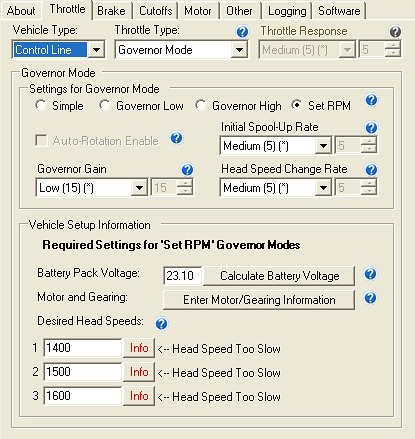hillzofvalp
100 kW
What type of front hub COULD work with an rc esc (Castle 160 hv ice)? I would like the option of running 24v to 36v. I prefer a hub that is smaller, and I want acceleration/power between 15 and 25 mph on a 700c road bike. (using m1 batteries)
I would also like to get the bare hub so I can have it built up on mavic open pros or another velocity rim to match what I already have. 36h is okay but I think 32h would be easier for me to match.
I know these are untouched grounds as far as rc escs + standard "ebike" motors go. But a motor is a motor.
I would also like to get the bare hub so I can have it built up on mavic open pros or another velocity rim to match what I already have. 36h is okay but I think 32h would be easier for me to match.
I know these are untouched grounds as far as rc escs + standard "ebike" motors go. But a motor is a motor.


